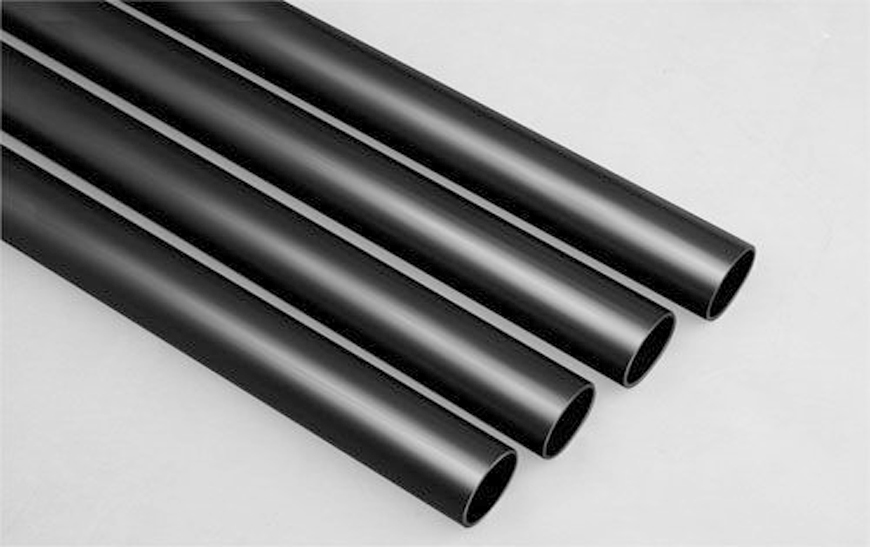Hydraulic Tube Suppliers | Custom Hydraulic Tubes For Sale
-
 2022-10-05
2022-10-05
-


Hydraulic tubes are a major component of almost any hydraulic system. They are often used in industrial processes, heavy machinery, and other places where pressurized oil needs to be enclosed. Hydraulic tubes have many benefits for users, but also have some drawbacks that you should know about before investing.
The primary benefit of using hydraulic tubes is the compact design and small size, which makes them ideal for working with limited space or integrating into existing systems.
This can be especially important if your factory has tight corners or some other restriction on the size of components. In this article, we’ll explain everything you need to know about hydraulic tubes and why they’re so useful in industrial applications.
What is a hydraulic tube?
Hydraulic tubes are a type of fluid conduit with two ends designed to contain pressurized liquid. They typically consist of a cylindrical wall with a flat inner surface and one or two end caps. The end caps are designed to seal the tube and prevent the flow of liquid.
A hydraulic tube may contain only the liquid or it may have an internal wire or tube connected to a pump. This is often called a “flow line” and is used to move the liquid from one place to another. Hydraulic tubes are sometimes called “fluid lines” or “hydraulic lines” because they are part of a hydraulic system.
How do hydraulic tubes work?
Hydraulic tubes are primarily used for transferring fluids under pressure through a closed-loop system. They are connected to fittings at both ends of the tube. The tube is fitted with grooves or ridges that allow fluid to flow in one direction.
The fluid travels through the tube, entering at one end, moving through the tube, and out of the other end. Hydraulic tubes are usually made of rubber or plastic.
Rubber tubes are generally used in stationary systems, while plastic tubes are used in mobile systems. The rubber or plastic tube is placed in a metallic or synthetic jacket to protect the tube from abrasion or other damage that may occur in the system.
Other benefits of using hydraulic tubes
One major advantage of using hydraulic tubes is their compact design and small size, which makes them ideal for working with limited space or integrating into existing systems.
This can be especially important if your factory has tight corners or some other restriction on the size of components. Another advantage of hydraulic tubes is the ability to change direction easily by simply pulling the tube off the fitting and rotating it.
This can be helpful if you need to connect the tube to another piece of equipment that is positioned in a different direction.
Drawbacks to using hydraulic tubes
Hydraulic tubes often can’t withstand the pressures that are created in high-pressure systems. They are often rated for pressures under 2000 PSI where the rubber is used for the tube construction or 3000 PSI for PVC construction.
If the pressure in the system exceeds these levels, the tube may rupture and leak. Hydraulic tubes are also sensitive to changes in temperature. The plastic or rubber inside the tube may break down at high temperatures and the hydraulic fluid inside may be damaged by extreme cold.
How can manufacturers benefit from using Hydraulic Tubes?
The hydraulic tube industry has a number of players, including multinational companies and domestic players. The market is a commodity-driven industry, and the demand is expected to increase at a CAGR of 4.56% in the coming years.
The growth of the hydraulic tube market is driven by the increasing use of hydraulic systems in several industries, such as oil and gas, power, and mining.
The manufacturers may be able to benefit by focusing on niche markets and by investing in research and development to create new products. Additionally, manufacturers may benefit by investing in ways to improve their supply chains and logistics systems.
Final words
Hydraulic tubes are a major component of almost any hydraulic system. They are often used in industrial processes, heavy machinery, and other places where pressurized oil needs to be enclosed. Hydraulic tubes have many benefits for users, but also have some drawbacks that you should know about before investing.
If you’re looking to implement a hydraulic system in your factory, you should be aware of the different components that make up the system. They are one of the most important parts of a hydraulic system, and you’ll need to make sure you use a high-quality product that can stand up to continuous use.



